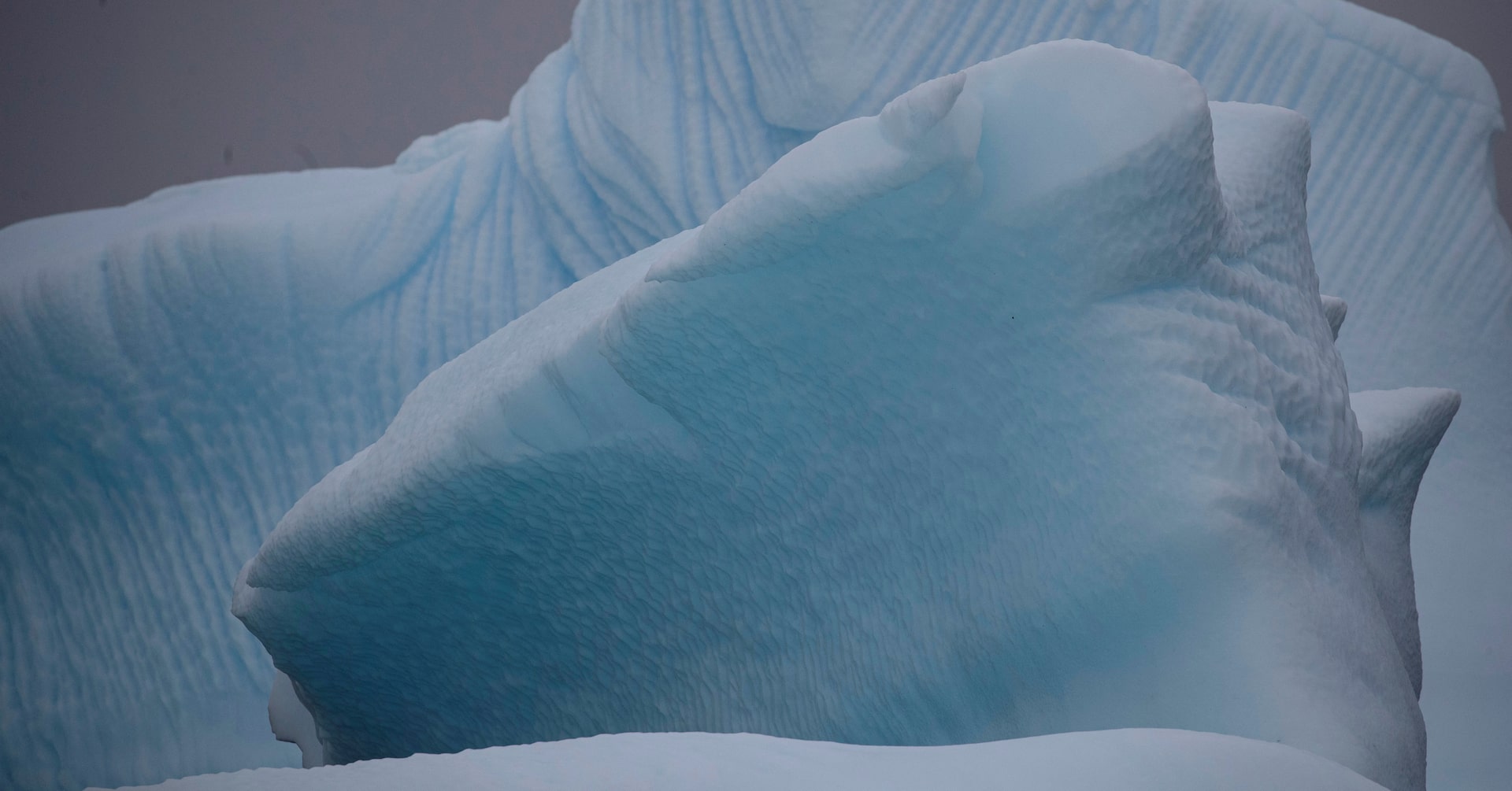Nearly 1,500 academics, researchers and scientists specializing in Antarctica gathered in southern Chile for the 11th Scientific Committee on Antarctic Research conference this week to share the most cutting-edge research from the vast white continent.
Nearly every aspect of science, from geology to biology and glaciology to arts, was covered but a major undercurrent ran through the conference. Antarctica is changing, faster than expected.
Extreme weather events in the ice-covered continent were no longer hypothetical presentations, but first-hand accounts from researchers about heavy rainfall, intense heat waves and sudden Foehn (strong dry winds) events at research stations that led to mass melting, giant glacier break-offs and dangerous weather conditions with global implications.
With detailed weather station and satellite data dating back only about 40 years, scientists wondered whether these events meant Antarctica had reached a tipping point, or a point of accelerated and irreversible sea ice loss from the West Antarctic ice sheet.



Why do you think they want that damned stupid wall for?
In that case we might as build it at the Georgia border to keep all those Floridians out when the whole state drowns.
I was trying to allude to interstate migration from the coasts ontop of massive increases from South America.
Red states will demand funding from the Federal government to find land reclamation projects, and when that fails and the mass migrations happen, Republicans and red states will demand another bail-out to pay for their moves, their new homes, and repayment any lost property.
For them, there is no standard, but the double-standard.